BA (York University), BEd (Toronto), MA, PhD (Social Justice Education, OISE, University of Toronto)
LinkedIn: Patty Douglas
Twitter: @DougladPatricia @ReStorying
Website: Re-Storying Autism
Patty Douglas (she/they) is a former special education teacher in Ontario and British Columbia and an Associate Professor of Disability Studies in the Faculty of Education at Queen’s University. She is a Senior Research Affiliate at the Re•Vision Centre for Art and Social Justice at the University of Guelph. Her research focuses on rethinking deficit approaches to disability at the intersection of difference in education using critical and creative approaches including disability studies, critical autism studies, mad (m)othering, decolonial studies and arts-based and creative methodologies. Douglas founded and currently leads the Re•Storying Autism in Education project (SSHRC Insight Grant www.restoryingautism.com), a multimedia storytelling project in Canada, the UK and Aotearoa (New Zealand) that collaboratively reimagines autism and practice in education and health in ways that centre historically excluded perspectives and affirm and desire difference. As a white settler academic, Douglas is deeply committed to decolonizing research. She identifies as neurodivergent and invisibly disabled. Her monograph, Unmothering Autism: Ethical Disruptions and Affirming Care is in production with UBC Press.
Douglas offers talks, consulting, and professional development for school divisions, educators and practitioners interested in neurodiversity affirming approaches.
Research Interests
- Disability justice
- Multimedia storytelling
- Arts-based and creative research
- Critical approaches in research
- Decolonizing disability and autism
- Neurodiversity affirming practice
- Critical approaches to (m)othering and care
Current Projects
Re•Storying Autism in Education: Advancing the Cultures and Practices of Inclusion (Principal Investigator) is a participatory multimedia story-making project in Canada, the UK and Aotearoa (New Zealand) collaborating with autistic students, family members, educators, practitioners, artists, and community organizations to rethink and decolonize autism in affirming ways. This project is an Insight Grant funded by the Social Sciences and Research Council of Canada. GRANT NUMBER: 435-2019-0129 (2019-2024) @ReStorying
Mad (M)othering is a UK-Canada research hub on the Re•Storying Autism project challenging the ways in which (m)others of dis/abled children are labelled as, and are made to feel, ‘mad’ in their encounters with the psy-professions (education; psychology and psychiatry). The research uses digital story making as a method of writing back against dominant narratives of education, (m)othering and disability. The research is funded in part by the SSHRCH Insight Grant 435-2019-0129.
Indigenous Approaches to Autism in Education (Principal Investigator) is a multimedia storytelling and narrative interview project holding space for Indigenous understandings of autism and intervening in colonialist ableist school systems. Funded through MITACS with the support of partners Brandon Friendship Centre and Manitoba Métis Federation Southwest.
Tired of Spinning Plates: An Exploration of the Mental Health Experiences of Adults and/or Older Carers of Adults with Learning Disabilities (Co-applicant). The research involves carers, people with learning disabilities and researchers working together. We will use what we find out to produce information for carers and for people with learning disabilities as well as teaching and learning materials for professionals working with carers of adults with learning disabilities. This project is funded by the National Institute of Health and Social Care Research (NIHR) Health and Social Care Delivery Research (HSDR) Project: NIHR135080.
Neurodiversity Matters: An Ethnographic Investigation of Discourse, Practice, and Identity (Co-applicant). What kinds of human diversity do we value? This grant explores how people and documents are currently using the term, concept, and identity of “neurodiversity”. This project is an Insight Development Grant funded by the Social Sciences and Humanities Research Council of Canada. (2019-2022)
Inclusive Early Childhood Service System Project: A Longitudinal Study of Familial Viewpoints of Early Childhood Disability Services (Co-applicant), is an international project investigating family experiences with early childhood disability services. In Brandon, the Brandon Friendship Centre is our formal partner. This project is a Partnership Grant funded by the Social Sciences and Humanities Research Council of Canada. GRANT NUMBER: 165720. (2018-2026)
Bodies in Translation: Activist Art, Technology and Access to Life (Co-applicant), is a project exploring disability art, Deaf art, Mad art, aging and e/Elder art, fat art, and Indigenous art, and access to life. We, the researchers, artists, curators, practitioners, and community members on this grant, explore the relationship between cultivating activist art and achieving social and political justice. This project is a Partnership Grant funded by the Social Sciences and Humanities Research Council of Canada GRANT NUMBER: 152623 (2016-2024)

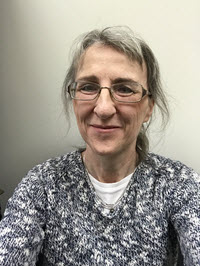 Queen's University announced the 2023 recipients of the
Queen's University announced the 2023 recipients of the 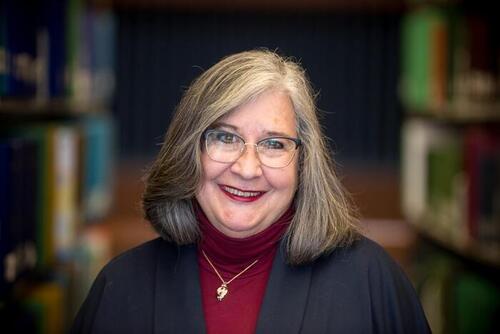 Our own
Our own 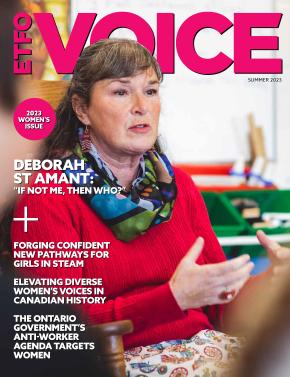 Our own
Our own 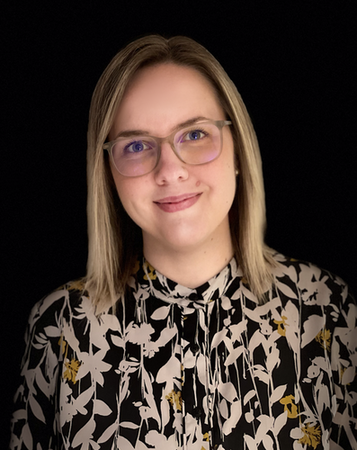 Educator, researcher, and lifelong artist
Educator, researcher, and lifelong artist 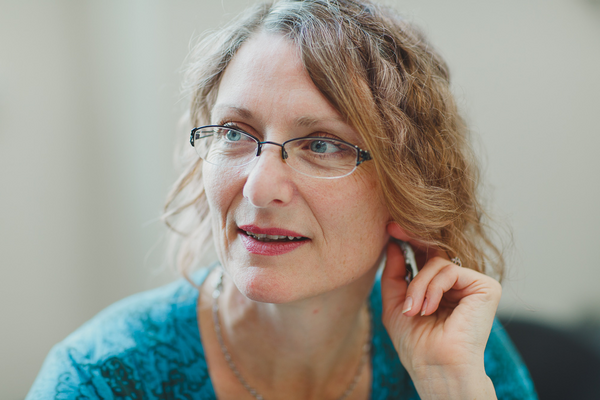 Where others might see deficits,
Where others might see deficits, 
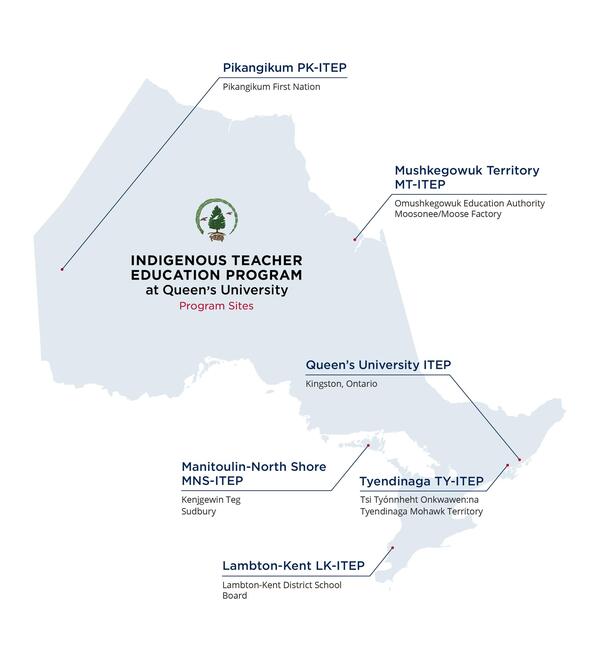 Since the Truth and Reconciliation Commission’s Final Report was released in 2012, there has been increased attention on reconciliation, including the Report’s specific calls for improvements to Indigenous education.
Since the Truth and Reconciliation Commission’s Final Report was released in 2012, there has been increased attention on reconciliation, including the Report’s specific calls for improvements to Indigenous education.